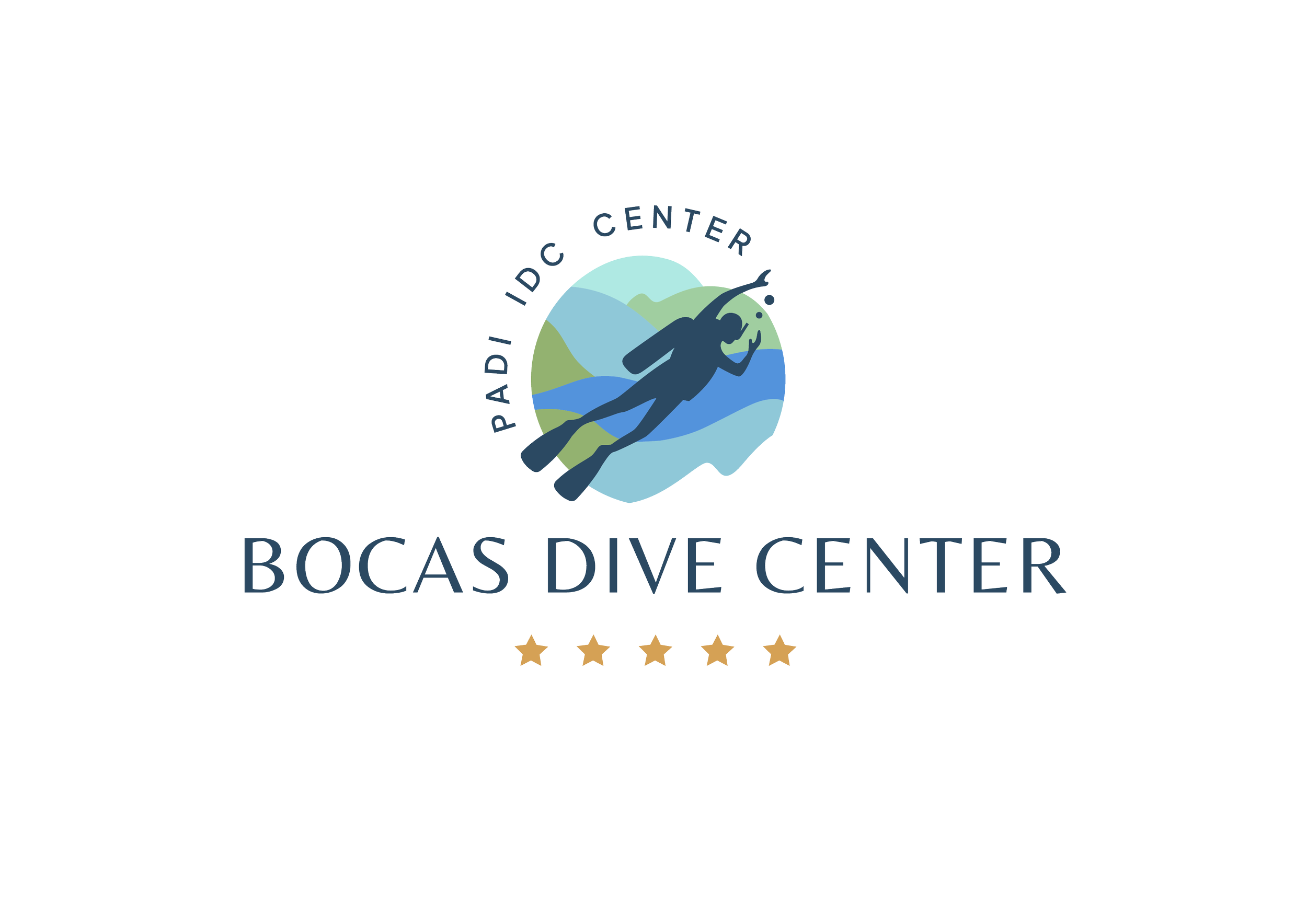Lionfish - dangerous, but delicious!
Pterois (the common and the red lionfish).
Experts believe that humans in Florida dumped unwanted lionfish, originally from the Indo-Pacific region, from home aquariums into the Atlantic Ocean almost 40 years ago. Since then, this fish has spread rapidly and has been upsetting the delicate ecological balance of the coral reef ecosystems, putting at risk the region’s fishing and tourism industries which depend on coral reefs.
KEY POINTS
With venomous spines, lionfish have few natural predators in their native habitat, and no native predators in the Atlantic and Caribbean region.
Lionfish are also voracious hunters, known to consume more than 50 other species of fish in the region.
Lionfish multiply quickly; a single female spawns more than 2 million eggs per year.
Finally, they can live in multiple coastal habitats, including coral reefs and mangroves, and at depths ranging from close to shore to more than 300 meters.
In the Caribbean, more than 75 percent of coral reefs are already threatened by a combination of over fishing, pollution from land and sea, and coastal development. Add to that the devastating effect of the invasive lionfish, the livelihoods of more than 42 million people are at risk.
As such, most Governments in the region are taking action and encouraging divers to clear the reefs of these predators, and that restaurants should serve this delicate and tasty fish. Lionfish are loved and feared by Scuba divers in equal measure because of their beautiful fins, which also carry a highly toxic venom. So divers choosing to help clear the area of lionfish must do so cautiously.
We do not just remove the lionfish to protect the reef ecosystem, but also use it’s flesh for food. One of our favorite recipes is lionfish ceviche. Everyone at Bocas Dive Center has their own personal flavoring, so each time we do get an opportunity to help maintain the health of the reef, we get a wonderful feast upon our return.
We hope that one day you can join us and help us do our part to try and control this aggressively invasive species.
Learn more here.
——————————————————————————————————————————————
Pterois (Pez Leon Rojo & Pez Leon Comun)
Los expertos creen que, sin intencion, en Florida se liberaron al Oceano Atlantico, peces leon originarios de la region Indo-Pacifica, que tenian en acuarios. Esto ocurrio hace aproximadamente 40 años y desde entonces estos peces se han ido exparciendo rapidamente, y ha estado alterando el delicado equilibrio ecológico de los ecosistemas de arrecifes de coral, poniendo en riesgo las industrias pesqueras y turisticas, en las regiones que dependen de los arrecifes de coral.
PUNTOS CLAVE
Los peces leon tienen unas espinas venenosas y muy pocos depredadores naturales en sus habitats originales, pero ningun depredador en las regiones del Caribe y el Atlantico
Los peces leon son cazadores voraces, se conoce que consumen mas de 50 otras especies de peces en la region.
Se multiplican rapidamente, una sola hembra puede depositar mas de 2 millones de huevos por año.
Por ultimo, puede vivir en multiples habitats costeros, incluidos arrecifes de coral y manglares, y en profundidades desde aguas bajas cercanas a la orilla hasta mas de 300 metros de profundidad.
En el Mar Caribe, mas del 75 porciento de los arrecifes de coral estan amenazados por una combinacion de sobrepesca, contaminacion en tierra y mar, y desarrollo desmedido en las costas. Sumado a esto, el efecto devastador del pez leon pone en riesgo el sustento para mas de 42 millones de personas.
Muchos gobiernos en la region estan tomando medidas y motivando a los buceadores para limpiar los arrecifes de estos predadores, y los restaurantes pueden servir sabroso pescado. El pez leon es amado y temido por los buceadores en igual medida por sus hermosas aletas, donde llevan el poderoso veneno. Por ello, los buceadores que quieran ayudar a limpiar el area de peces leon deben hacerlo con extrema precaucion.
No debemos quitar los peces leon para porteger el ecosistema del arrecife solamente, tambien podemos usarlo para comer. Una de nuestras recetas favoritas es Ceviche de pez leon. Todos en Bocas Dive Center tenemos nuestro propio gusto, por lo que cada vez que tenemos la oportunidad de ayudar a mantener la salud del arrecife, hacemos un maravilloso festín a nuestro regreso.
Esperamos que algún día puedas unirte a nosotros y ayudarnos a hacer nuestra parte para tratar de controlar esta especie agresivamente invasora.
Aprende más aquí.
